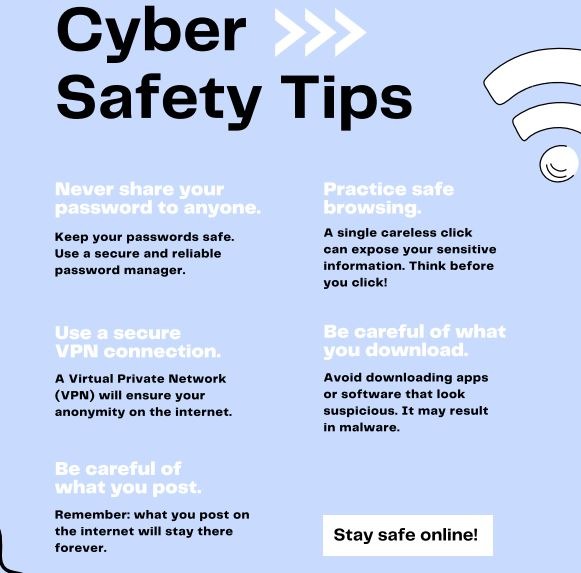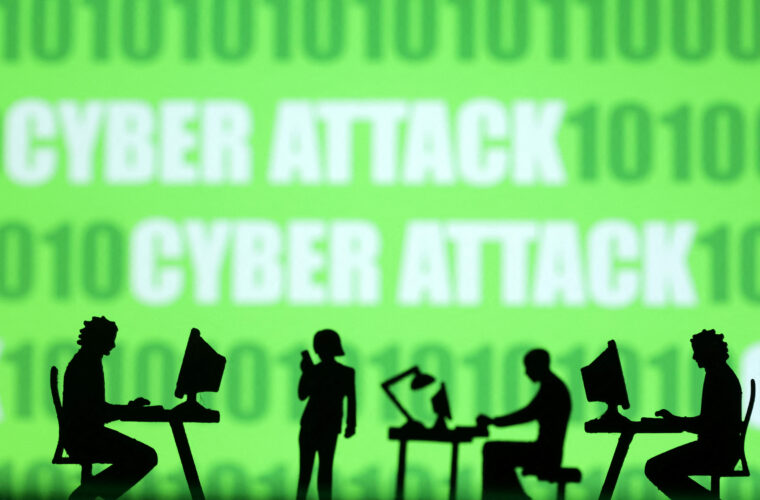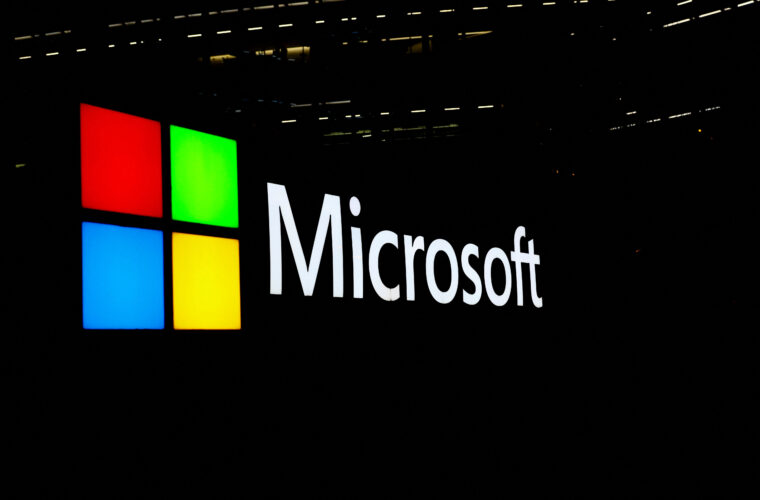We went through a summer where after several months of quarantine and measures to eliminate the transmission of Covid-19, people could travel either for business or for leisure. However, along with the ever-increasing number of cyber security incidents, there is a visible risk when we travel that data is stolen or that any digital device is hacked.
Especially when traveling, it is true that we are more vulnerable to digital security intruders during the trip. After many surveys a large percentage of the population when traveling connects to a public network or activates the automatic connection. As we understand it this is high risk behaviour. Μany professionals who have corporate laptops with sensitive corporate data bring them with them on vacation. We understand that this increases the risk of data interception. Obviously, a low-risk behaviour would be to leave the laptop and get someone personal or backup with no content with sensitive corporate data.
Advices to help you avoid putting your personal and business data at risk while traveling.

- The first and best solution is to install anti-spyware software and host intrusion prevention software. In this case, use trusted and well-known branding software and make sure all security updates are updated.
- Bluetooth connectivity must be disabled. Because it is possible for a malicious user to invade through this connection.
- It is easy to understand that you need to lock your computer devices whenever you are not using them. Change the PINs you use regularly on your phone, computer, and any other device you intend to access. This will help prevent security breaches.
- Many devices can be charged in a common area to a free station via a USB cable. Many devices can be charged in a common area to a free station via USB cable. It is possible for malicious users to have set up the free charging station so that they can access all the data of the device in emails, etc. In this case the name of this attack is “juice-jacking”. So, it’s a good idea to use a regular charger or have one power bank.
- Theft of devices is also a more serious issue. For this reason, we must be careful and make sure that our devices are in a safe place with us.
- It is also important to be aware of some of the basic privacy rights of the country we are visiting. In countries within the European Union there is a legal framework for the digital personal data of a European citizen. In non-European countries, the legal framework changes according to the country and there should be knowledge of the basic legal framework for the protection of personal digital data.
- Don’t share your current location via social media. Excessive sharing can create security threats in both your hotel room and at home. Think twice before using social media to advertise that your hotel room is empty while you’re out eating dinner or that your spouse and kids will be home alone for the next week. Wait until you return home to post about your travels so you can protect your assets and your loved ones.
- Finally, the most important tip for a secure connection during a trip abroad. We never connect to free connections because that way we become vulnerable to security issues. If you use a free coffee shop connection or any other free Wi-Fi, make sure the hacker-set hotspot is not fake, and do not sign in to personal accounts or use confidential data.

In general, you should keep in mind that in a foreign country we do not necessarily have the same digital functions as in our country. Keep in mind that 2-factor authentication (2FA) may not work while you are out of the country due to changes to your service plan.
We must also not forget the field of social engineering used by many hackers to extract information that is either personal or confidential. We need to be very careful when using the laptop in public or public places because they can monitor the screen especially when we enter passwords, usernames, etc.



